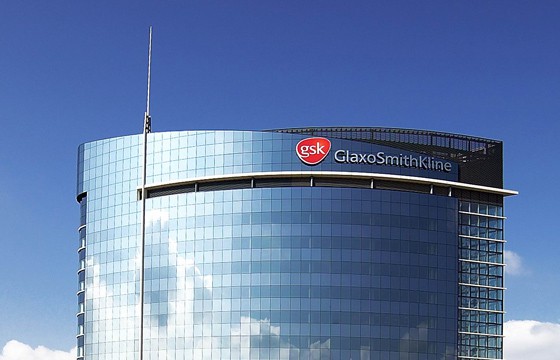
GlaxoSmithKline (GSK) has announced that the National Institute for Health and Care Excellence (NICE) has issued a Final Appraisal Determination (FAD) recommending the use of Zejula (niraparib) on the NHS.
Zejula is recommended as a therapy option for treating relapsed, platinum- sensitive high-grade serous epithelial ovarian, fallopian tube or primary peritoneal cancer, which has responded to the most recent course of platinum-based chemotherapy in adults.
Niraparib is a PARP inhibitor used as a maintenance therapy, which is given to help slow the cancer’s return/progression. This extends the time before a patient needs additional chemotherapy.
In the UK, it is estimated that at least 41,000 women are living with ovarian cancer. Of those whose cancer has advance, around 22% will need second-line therapy.
The recommendation is only for those who have a germline BRCA mutation and have already had two courses of chemotherapy, or for those who do not have a germline BRCA mutation and have had two or more courses of platinum-based chemotherapy.
The treatment will move from interim funding – via the Cancer Drugs Fund (CDF) – to routine funding in second line therapy. For eligible patients in England, this will offer a long-term certainty of access.
Jack Harris, vice president of Oncology, UK and Ireland at GSK, said: “Recurrent advanced ovarian cancer remains challenging to treat and having access to options that may help slow the progression of this disease is key to maximising outcomes for those affected.
“The decision by NICE to recommend niraparib in this broad setting is therefore really important and will now provide clarity for healthcare professionals and certainty of access.”
NICE’s decision marks the first time it has recommended that a PARP inhibitor should be made available outside the CDF for ovarian cancer patients, regardless of whether they carry a BRCA gene mutation.




